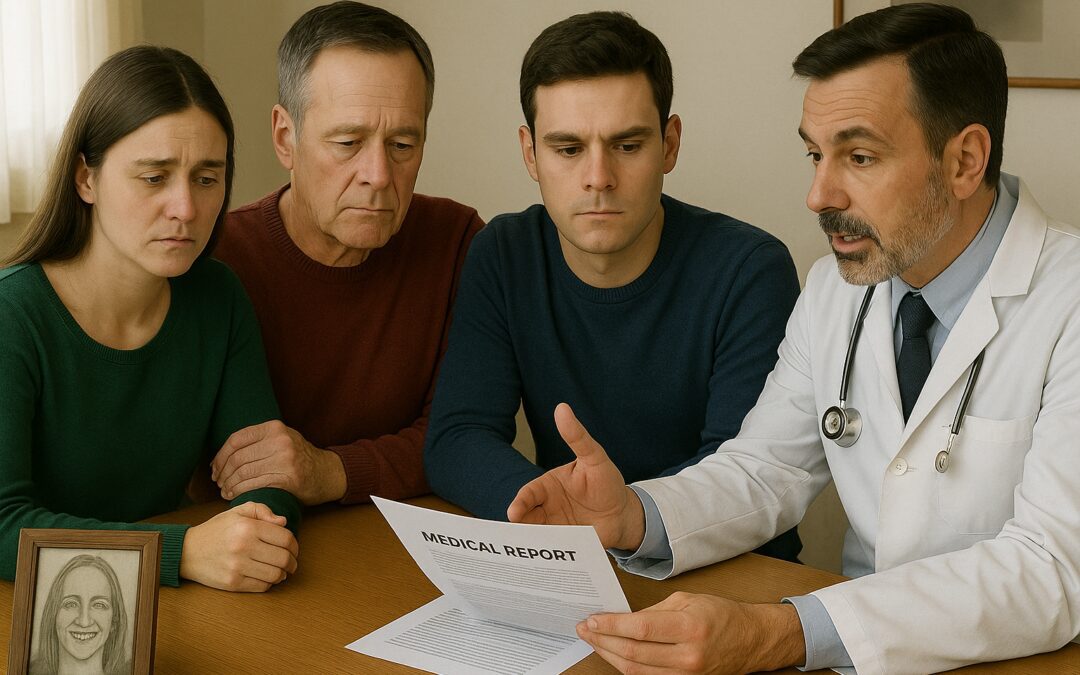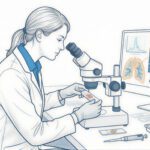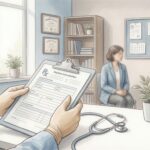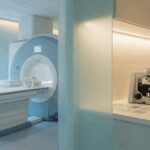Understanding the Purpose of a Private Autopsy
A private autopsy is a postmortem examination requested by the family rather than by a hospital, coroner, or medical examiner. This type of examination is conducted by an independent and board-certified pathologist who works outside the public system. The primary goal is to determine the exact cause of death, evaluate underlying or previously unknown disease processes, and provide a detailed, unbiased assessment. Unlike standard hospital autopsies, which are often constrained by institutional limitations, private autopsies are tailored to the concerns of the family.
When grieving families are left with questions, this service becomes a critical source of resolution, comfort, and transparency. It can confirm or refute a diagnosis. It can establish timelines of medical care. It can also provide insights into the patient’s health that were not revealed during their lifetime.
Why Families Turn to Private Autopsies
In many situations, families feel deeply unsettled after the loss of a loved one. The official cause of death may seem unclear, too general, or inconsistent with the known medical history. In such cases, a family-requested autopsy helps provide a second opinion from an independent professional. This objective review not only confirms or challenges the original findings but also offers clarity in cases involving suspected malpractice, sudden death, unexpected deterioration, or undiagnosed conditions.
For families questioning the quality of care or hospital procedures, it is often the only path toward accountability and transparency. Additionally, families may seek answers in cases involving pharmaceutical side effects, treatment complications, or rare genetic conditions that require specialized investigation.
Providing Closure and Emotional Reassurance
One of the most significant benefits of a private autopsy is the emotional closure it provides. Losing someone unexpectedly or under confusing medical circumstances can leave loved ones with lingering doubts and unresolved grief. A thorough postmortem examination offers concrete answers and the reassurance that everything possible was done.
By either confirming a diagnosis or uncovering a previously unknown illness, a private autopsy empowers families to grieve with confidence and certainty. This clarity can significantly reduce emotional strain, especially for those responsible for making end-of-life medical decisions. Families often feel a sense of relief knowing they pursued every possible avenue to understand the truth behind their loved one’s passing.
Clarifying the Cause of Death in Complex Cases
Not all deaths have a straightforward explanation. Often, they result from a combination of overlapping medical, environmental, and procedural factors. Chronic illnesses, multiple medications, surgical interventions, or intensive care treatments can complicate the determination of the actual cause of death.
A detailed medical autopsy helps distinguish between these variables, revealing whether death was the result of natural disease progression, complications from medical care, or preventable clinical errors. Families gain access to an evidence-based report that lays out the full sequence of events. This is often supported by toxicology findings, tissue pathology, and expert interpretation. In some instances, the report improves awareness of hereditary or genetic conditions, enabling surviving relatives to seek early intervention or screening.
Helping in Medical Malpractice and Legal Cases
A private forensic pathologist plays an essential role in cases involving potential medical malpractice or wrongful death. If the death resulted from misdiagnosis, surgical error, inappropriate medication, or procedural negligence, the findings from a private autopsy can serve as crucial legal evidence. These reports support civil litigation by documenting breaches in the standard of care and confirming causation.
Legal teams frequently rely on these second opinion autopsies to validate claims and pursue justice on behalf of the family. In some cases, the autopsy findings influence settlement discussions or serve a decisive role in court. A comprehensive autopsy consolidates objective, science-backed facts to strengthen the family’s legal position.
When a Hospital Autopsy Isn’t an Option
Autopsy rates have significantly declined in hospitals over recent decades. Today, fewer than 5% of hospital deaths undergo an autopsy. Budgetary restrictions, limited staff, fear of litigation, and shifting administrative priorities have contributed to this decline.In addition, many hospital autopsies may be superficial or limited in scope, especially when performed without the family’s direct involvement. When institutions are unable or unwilling to provide this service, a private autopsy becomes the only viable option. Families who need thorough and unbiased answers often turn to an independent provider, such as 1-800-AUTOPSY, which offers full-service postmortem care in a controlled, professional setting. These services are especially important in cases where timing is critical or when families must act before burial or cremation.
The Private Autopsy Process: What to Expect
A private autopsy begins when the family initiates the request and provides legal authorization for the procedure. After obtaining consent, the body is respectfully transported to a specialized facility. There, the autopsy is conducted by a board-certified pathologist, typically assisted by an experienced autopsy technician.
The procedure involves a complete external and internal examination, including dissection of major organs, toxicology testing, histological sampling, and photographic documentation. Preliminary verbal findings are often delivered by the pathologist or coordinator within 24 to 48 hours when urgent answers are needed. The final written autopsy report, which includes all microscopic and toxicological analyses, is typically completed within 6 to 10 weeks. This comprehensive documentation becomes an invaluable tool for medical review, legal consultation, and family understanding.
Respect, Dignity, and Professionalism
Families who pursue a private autopsy are often concerned about how their loved one will be treated during the process. At 1-800-AUTOPSY, every step is guided by respect, dignity, and professionalism. The examinations take place in a privately owned, secure, and sanitary morgue equipped to meet the highest industry standards.
Complimentary refrigeration is provided, and all procedures are scheduled in cooperation with funeral homes to avoid any disruption to services. The facility’s technicians and pathologists understand the emotional weight of their work and prioritize both thoroughness and compassion. For families navigating grief, knowing their loved one is being handled with care brings tremendous peace of mind.
Support for Funeral Planning and Family Health Decisions
Contrary to common misconceptions, private autopsies do not interfere with funeral arrangements. The scheduling of the procedure is coordinated to ensure that viewings, religious services, and burial timelines are respected.
In addition to clarifying cause of death, autopsy findings can guide important decisions about family health. If a genetic condition, congenital defect, or inherited disease is discovered, surviving relatives can take proactive steps toward medical screening and lifestyle adjustments. These insights can be life-saving, especially in families with histories of cancer, heart disease, neurological disorders, or metabolic syndromes. In this way, the autopsy serves not just the deceased, but also the living.
Second Opinion Autopsy: Reassessing Prior Findings
In situations where a hospital or coroner’s autopsy has already been conducted but questions remain, families may request a second opinion autopsy. This re-evaluation often involves a detailed review of previous findings, access to medical records, and in some cases, a full re-examination of the remains.
A second opinion can be invaluable when the initial autopsy was incomplete, lacked key laboratory analysis, failed to address specific concerns raised by the family, or omitted microscopic review. In medical malpractice, insurance disputes, or legal claims, these second opinions often serve as a turning point in uncovering missed diagnoses or procedural failures. By reasserting medical facts, this service empowers families to seek accountability and transparency.
Serving Families When It Matters Most
A private autopsy is far more than a technical procedure. It is a deeply personal service grounded in scientific integrity, compassion, and ethical responsibility. At 1-800-AUTOPSY in La Crescenta, California, a dedicated team of board-certified pathologists, technicians, and family coordinators work 24/7 to provide timely answers.
With over 30 years of experience, they are nationally recognized for their excellence in postmortem services. Whether addressing sudden, unexplained deaths or supporting long-standing concerns about medical treatment, their mission remains the same: to bring families truth, reassurance, and peace when it is needed most.
A Path Toward Clarity and Healing
Grief is a deeply personal journey, and when it is shadowed by uncertainty, healing becomes even harder. Private autopsies offer a path toward resolution. Whether confirming a diagnosis, revealing a genetic risk, or uncovering critical details for a legal case, these examinations provide answers that no other source can.
They replace uncertainty with medically grounded clarity and help transform pain into peace. For families seeking to understand, protect, or honor their loved one, a private autopsy can be one of the most important decisions made after loss. Trusting skilled professionals like those at 1-800-AUTOPSY ensures that this choice leads to closure, truth, and lasting peace of mind.








